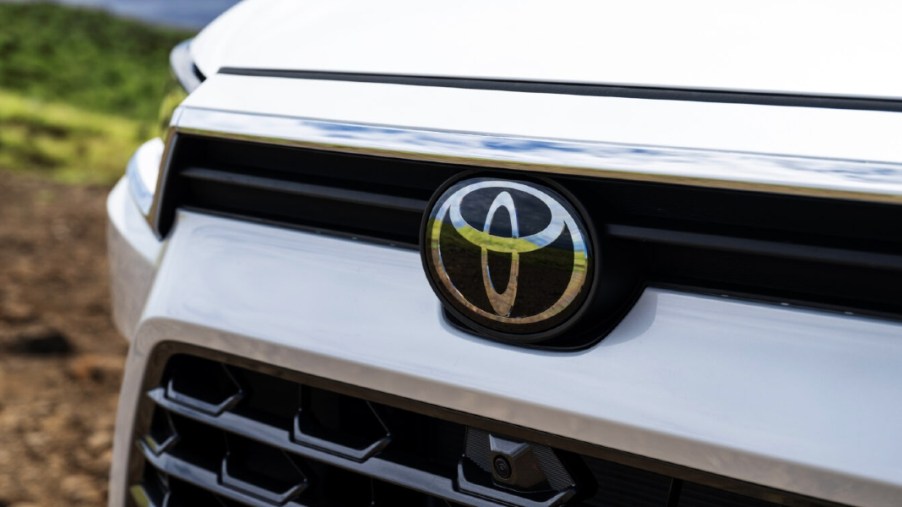
1 Hidden Reason Why a Fully Loaded Toyota Might Be a Smarter Move Over a Lexus
Toyota produces cars with first-rate engineering, reliable powertrains, and solid dynamics. From the frugal Corolla to the burly Tundra, the Japanese automaker builds trustworthy vehicles. Maybe that’s why they’re so popular.
Lexus takes that formula further, adding refined luxury, dramatic style, and enhanced tech. Inside, a Lexus is ultra-quiet and the smooth ride is reminiscent of a train. But a Lexus brings a premium price.
Because of that, some buyers may be on the fence. Should they go for a fully-loaded Toyota? Or would a base model Lexus be the better pick? With similar up-front costs and features, it’s a challenging decision.
Toyota vs. Lexus: repair and maintenance costs
According to Four Wheel Insider, compared to a Toyota, a Lexus has higher repair and maintenance expenses.
Here’s why.
High-end luxury cars typically use the finest materials. Instead of the sturdy cloth interior on a Toyota, a Lexus may feature supple leather. Or, while a Camry LE uses a six-speaker audio system, an ES 350 has a 10-speaker premium setup.
As a result, Lexus replacement parts cost more.
And upscale vehicles often require special tools for repairs. When you own a Lexus, taking it to the dealer may be a requirement instead of an option. With only so many dealerships to choose from, you could face backlogs and higher labor rates.
But while Lexus dealerships bring increased expenses, they offer a more luxurious experience. First-rate facilities and brand-specific know-how—not to mention beautiful new cars—are just some of the advantages.
On the other hand, maintaining a Toyota is typically simple and economical.
With many mechanics to choose from—whether dealerships or local shops—labor costs are less and wait times decreased. With so many Toyotas on the road, you can go almost anywhere for service.
And with Toyota parts costing less, drivers can stay ahead of repairs without breaking the bank.
Toyota vs. Lexus: long-term ownership costs
Toyota and Lexus build reliable vehicles that stand the test of time. But for those on a budget, long-term ownership costs could be a deciding factor. Maintenance and repairs are a significant part of that.
Edmunds calculated the five-year ownership cost of a Toyota RAV4. During that period, the SUV needed $4,738 in maintenance and $663 in repairs.
Over the same timeframe, Edmunds found a Lexus RX 350 incurred $6,254 and $802 in maintenance and repairs, respectively.
For owners who plan on keeping their vehicle long-term, the Lexus’ expensive upkeep can pile up.
So, should buyers go for a loaded Toyota or a base model Lexus?
Aside from maintenance costs, a well-equipped car is more fun than a base model. Vehicles with little to no options can feel stripped-down and cheap. On the other hand, cars with options bring a full-featured experience.
Toyota and Lexus make dependable vehicles with world-class engineering. Both brands have a reputation for quality and trust. Picking between a fully-optioned Toyota or a base trim Lexus depends on what the buyer wants. For those who want value, the Toyota’s the better pick.
But for someone with a need for luxury—despite higher long-term expenses—the Lexus is the way to go. Truthfully either is a good pick.



